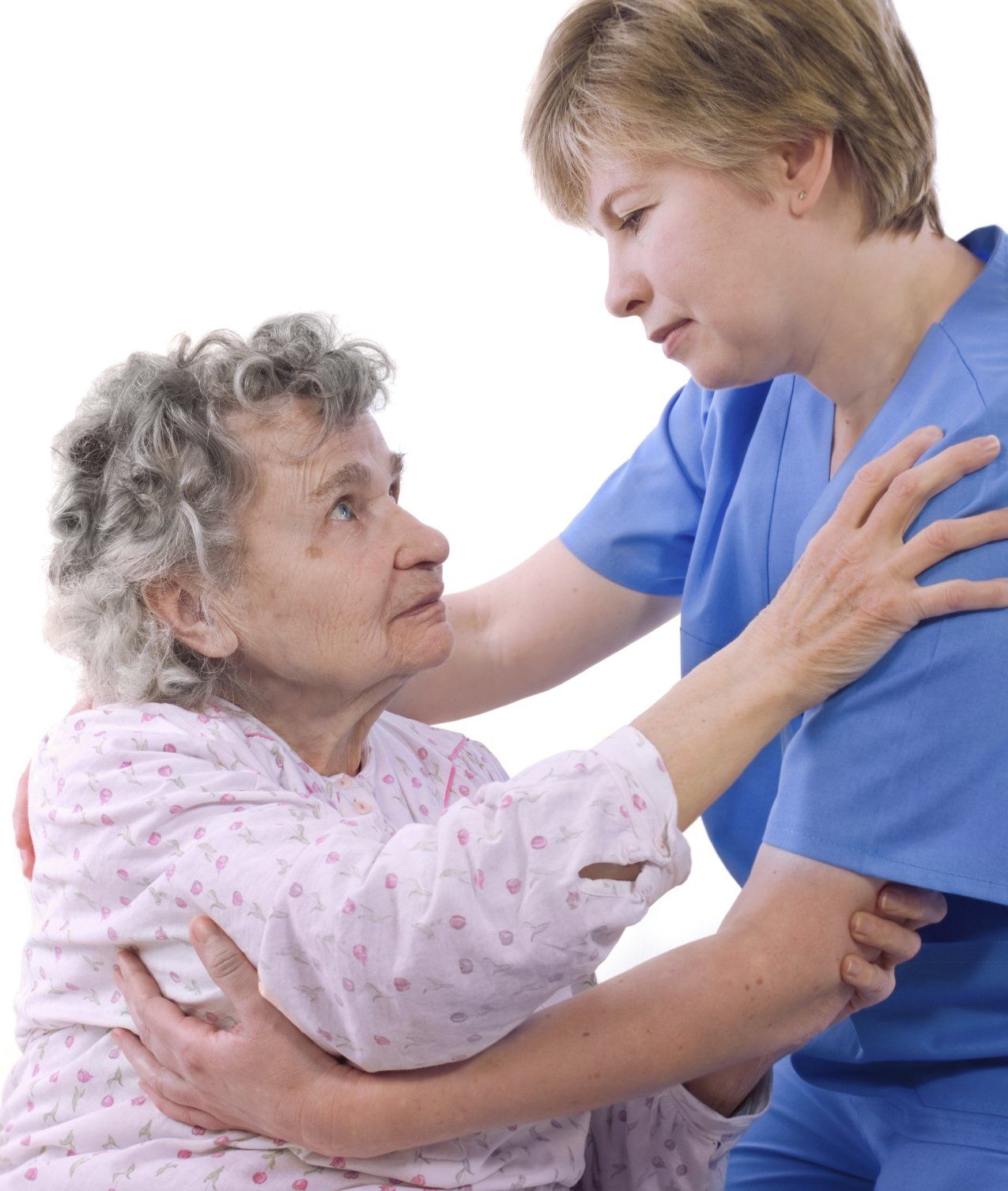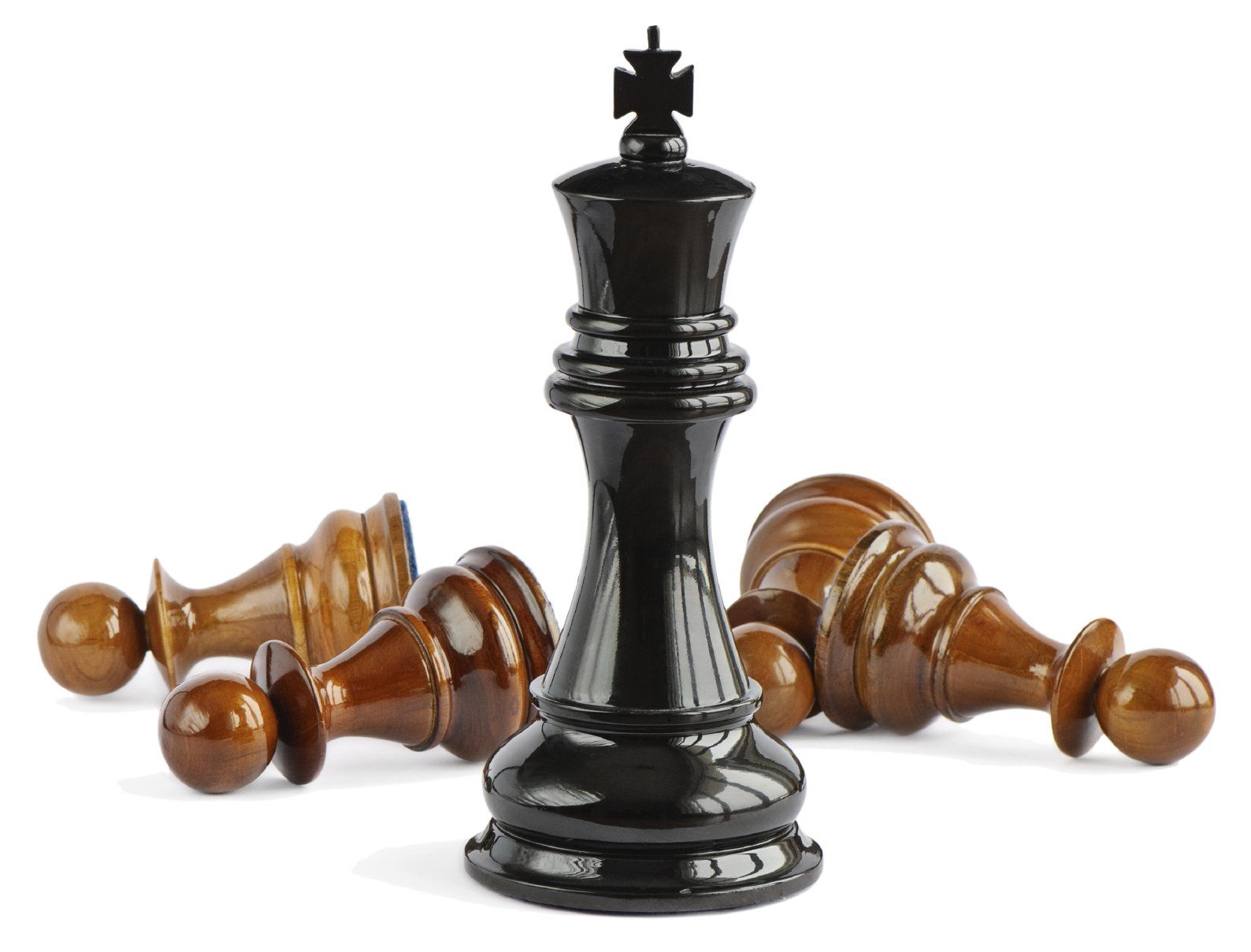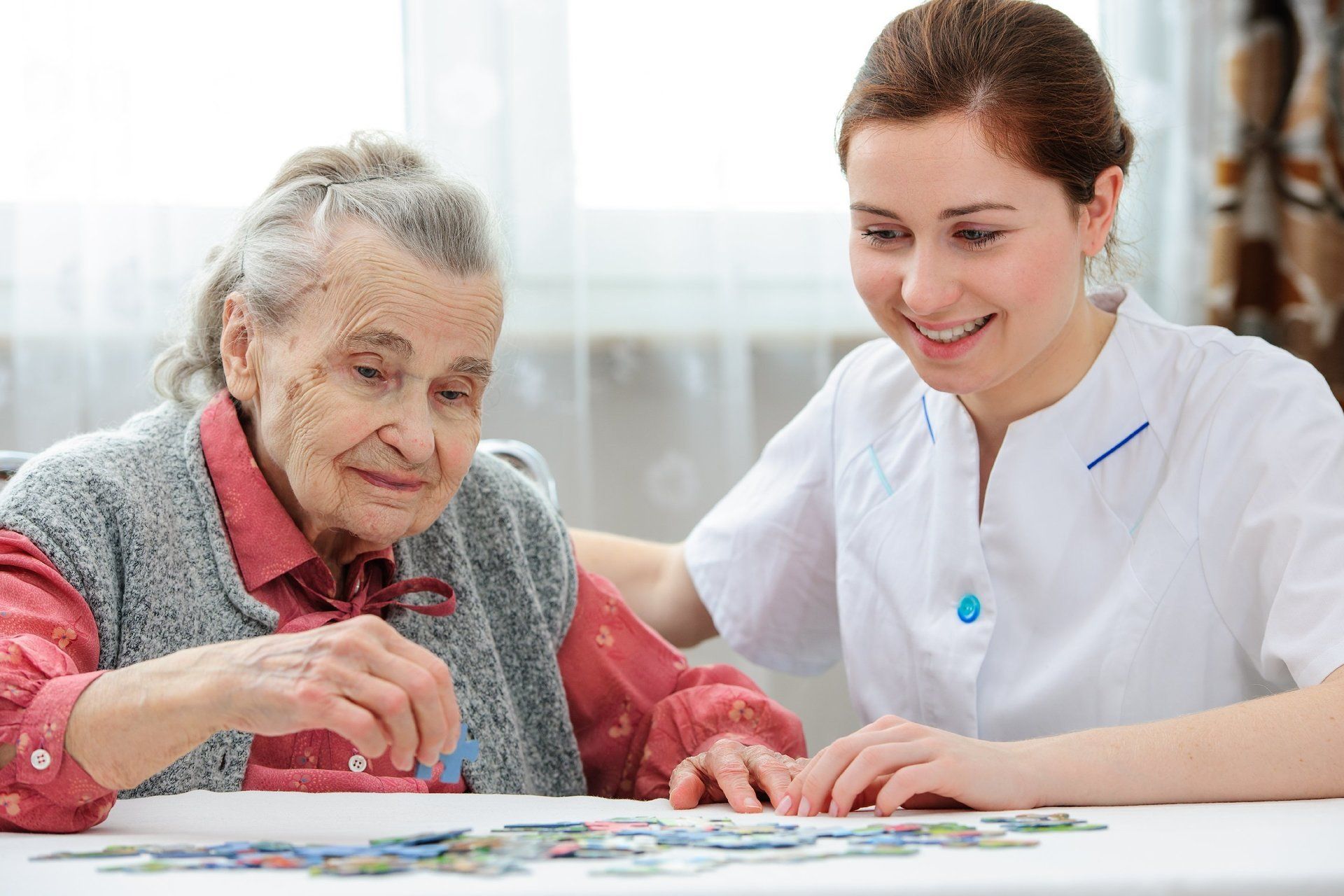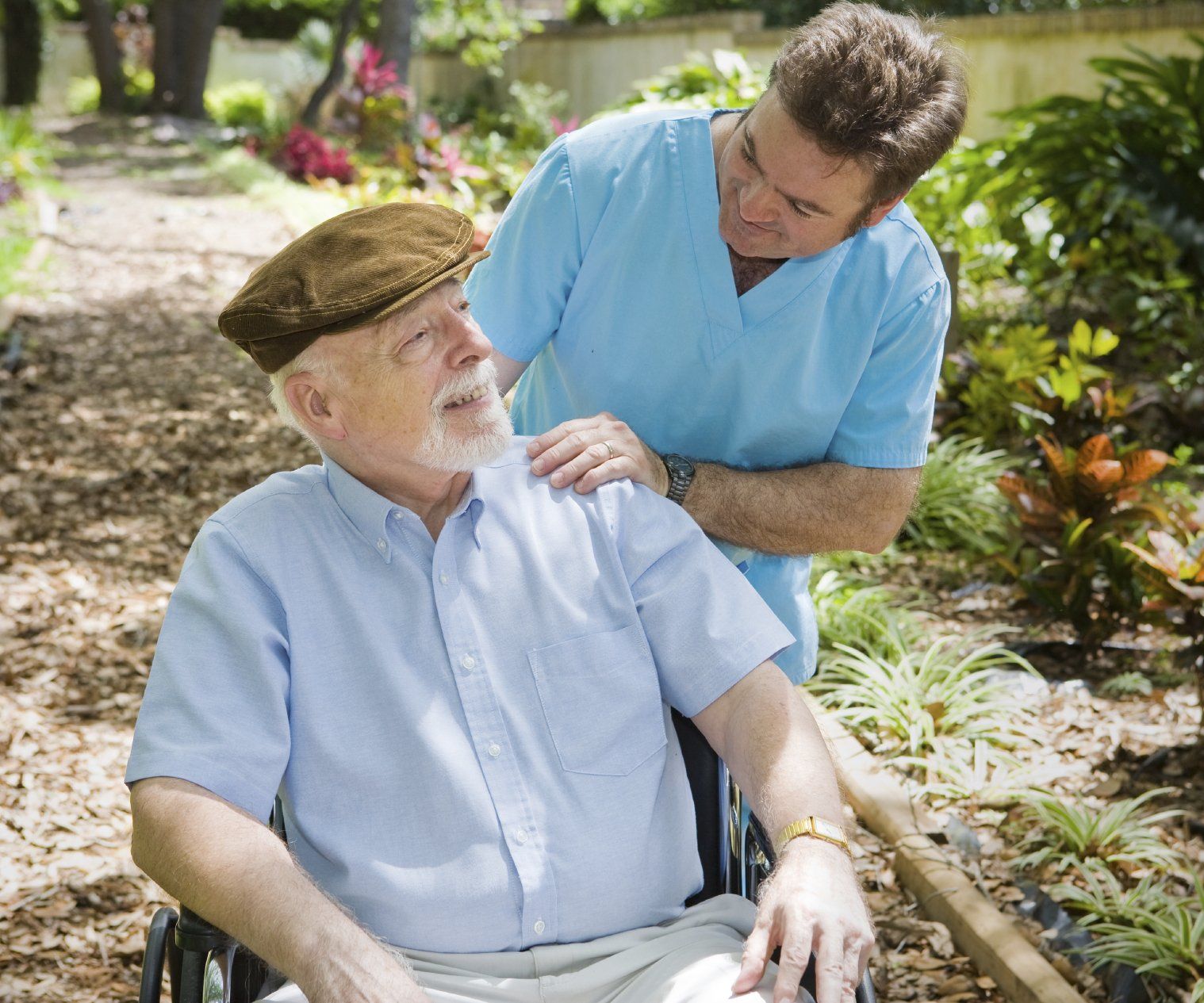Commit to Lifelong Learning
"perpetuam uitae doctrina!"
"Live as if you were to die tomorrow.
Learn as if you were to live forever."
Mahatma Gandhi.

Alzheimer's Disease and Dementia
Alzheimer's Disease and Dementia:
The Importance of Lifelong Learning and Mental Stimulation in Managing Alzheimer's Disease and Dementia.

Lifelong learning and mental stimulation are important for protecting your mental health as you age.
Alzheimer's Disease and Dementia are two of the most common age-related degenerative conditions. While these conditions are not completely preventable, engaging in lifelong learning and mental stimulation can help reduce your risk.
In this article, we'll discuss what Alzheimer's Disease and Dementia are and how lifelong learning and mental stimulation can help prevent them.
What is Alzheimer's Disease?
Alzheimer's Disease is a progressive, degenerative neurological disorder that causes gradual decline in memory and thinking skills, and eventually results in significant physical impairments. It is the most common form of dementia, affecting millions of people worldwide.
Symptoms of Alzheimer's Disease include difficulty with recalling recent events, confusion, difficulty with language and communication, difficulty with complex tasks, disorientation, mood changes, and changes in behavior. As the disease progresses, patients may experience greater difficulty with basic activities such as eating and dressing themselves. Eventually, Alzheimer's can lead to a total dependence on caregivers for daily functioning.
There is currently no cure for Alzheimer's Disease, but treatments are available to help manage its symptoms and improve quality of life. Early diagnosis is important in order to access appropriate care and support. With the right treatment and management, it is possible to slow down the progression of the disease and make living with Alzheimer's more manageable.

What is Dementia?
Dementia is a progressive neurological disorder that affects memory, thinking, and behavior. It is often associated with the aging process, but can also affect younger people. It is characterized by gradual cognitive decline, including difficulty in remembering names and dates, trouble concentrating, problems with decision-making and problem-solving, and changes in behavior.
Common symptoms of dementia include confusion, disorientation, difficulty speaking, difficulty understanding conversations, difficulty finding the right words to express oneself, difficulty with numbers and calculations, mood swings, and personality changes.
Dementia can also cause changes in behavior such as increased aggressiveness or agitation. In some cases, dementia can cause loss of short-term memory and even long-term memory loss. As dementia progresses, it can lead to physical difficulties such as walking and balance issues.
Ultimately, dementia can be disabling and significantly reduce one's quality of life.
Types of Dementia

Here is a list of the identified types of dementia, according to the American Alzheimer's Association.
- Creutzfeldt-Jakob Disease
- Dementia with Lewy Bodies
- Down Syndrome and Alzheimer's Disease
- Frontotemporal Dementia
- Huntington's Disease
- Mixed Dementia
- Normal Pressure Hydrocephalus
- Posterior Cortical Atrophy
- Parkinson's Disease Dementia
- Vascular Dementia
- Korsakoff Syndrome
The American Alzheimer's Association Helpline:
For support and assistance, the Alzheimer's Association's toll-free helpline number is:
1-800.272.3900
Sponsored

It’s A Long Goodbye
by Anonymous

She’s leaving me, little by little, I wish she wouldn’t go.
I will be there as long as she needs me. How do I let her know?
I’d like to hold on to the memories, I’d also like to share.
But she’s further away, getting further away. And yet, she’s always there.
It’s a long good-bye, and yet I believe that she can sense us.
So much time between now and then, when it’s time against us.
There are times she almost seems like herself.
Sometimes it’s just a phase. A part of the person I once knew,
and sometimes just a trace.
It’s a long good-bye and still I don’t know just what to say.
There’s so much time between now and then,
because she goes away, a long good-bye.
Tell me how do all the others do it? There’s so much time between now and then.
How do we get through it? It’s a long good-bye.
The American Alzheimer's Association published an article on its website, entitled:
"Ten Early Signs and Symptoms of Alzheimer's".
Here are the signs:
- Memory loss that disrupts daily life
- Challenges in planning or solving problems
- Difficulty in completing familiar tasks
- Confusion with time or place
- Trouble understanding visual images and spatial relationships
- New problems with words in speaking or writing
- Misplacing things and losing the ability to retrace steps
- Decreased or poor judgment
- Withdrawal from work or social activities
- Changes in mood and personality
The Importance of Lifelong Learning in the Management of Alzheimer's Disease and Dementia

As we age, it’s important to keep learning and be intellectually engaged. Research has found that taking part in mental activities like reading, playing games, and doing puzzles can help protect the brain from the effects of Alzheimer’s disease and dementia.
One way to do this is to stay up-to-date on current events and topics in your field or hobby.
The Importance of Mental Stimulation in the Management of Alzheimer's Disease and Dementia

Mental stimulation is an important factor in the prevention and management of Alzheimer’s Disease and dementia. Mental stimulation helps keep our minds active, can reduce cognitive decline, and may even help protect against developing dementia. Research has shown that activities like playing cards, engaging in conversation, reading, and completing puzzles can help slow cognitive decline.
List of Services
-
FREE COURSE: by The Alzheimer's Association
Course: "Understanding Alzheimer's and Dementia".
The American Alzheimer's Association conducts a great e-learning course which provides a wealth of useful information on Alzheimer's Disease and Dementia.
Take a look!
-
Harvard Health Online Courses
SHORT COURSE: "Cognitive Fitness"
This inexpensive course provides a wealth of good advice on ways to optimize your brain, maintain good cognitive function well into your golden years.
Ten Ways to Stimulate Your Brain in an Effort to Delay the Onset of Dementia
Alzheimer's disease and dementia are serious conditions that can drastically reduce a person's quality of life.
While there is no known cure, there are steps we can take to stimulate our brains and delay the onset of dementia. In this article, we'll explore 10 ways to do just that.
By engaging our minds in cognitively stimulating activities, we can maintain healthy brain function and potentially stave off the development of dementia.
1. Eat a healthy diet
One of the most important things you can do for your brain health and mental health is to eat a balanced, brain-healthy diet.
Eating a diet that is rich in fresh fruits and vegetables, whole grains, lean proteins, and healthy fats can help protect against cognitive decline.
Studies have found that people who follow a Mediterranean-style diet may be less likely to develop dementia or Alzheimer's disease. Additionally, ensuring that you are getting enough sleep, as well as engaging in Lifelong learning, are both critical components to maintaining good brain health.
A healthy diet is essential for keeping your mind sharp and your body strong.
Links to more information on the following topics:
Music and Poetry can Touch the Soul.
The Last Rose of Summer
Thomas Moore - 1779-1852
‘Tis the last rose of Summer,
Left blooming alone;
All her lovely companions
Are faded and gone;
No flower of her kindred,
No rose-bud is nigh,
To reflect back her blushes
Or give sigh for sigh!
I’ll not leave thee, thou lone one,
To pine on the stem;
Since the lovely are sleeping,
Go sleep thou with them.
Thus kindly I scatter
Thy leaves o’er the bed
Where thy mates of the garden
Lie scentless and dead.
So soon may I follow,
When friendships decay,
And from Love’s shining circle
The gems drop away!
When true hearts lie withered,
And fond ones are flown,
Oh! who would inhabit
This bleak world alone?
Now, These Songs are for You! Enjoy!
May you live a long, healthy and productive life. A life full of achievements, joyful moments and spiritual growth!
Remember to keep learning and growing.
Take care of your brain!
Spread the love!
Don't Cry for Me Argentina, de A. L. Webber e T. Rice (Banda de Música Xuvenil de Castrelo-Cambados)
Video courtesy: Galician Wind Band Federation (FGBMP)
Our hope is in our youth...!

Research and Resources
Alzheimer's Disease International is an international organization which works with Alzheimer and dementia associations in 120 countries to raise awareness of the critical need for the international community to give Alzheimer's disease and dementia a high priority when addressing key international issues and setting national budgets.
ADI, in collaboration with the World Health Organization, works to encourage countries around the world to, "implement and fund dementia action plans, and monitor their effectiveness."
Sponsored








